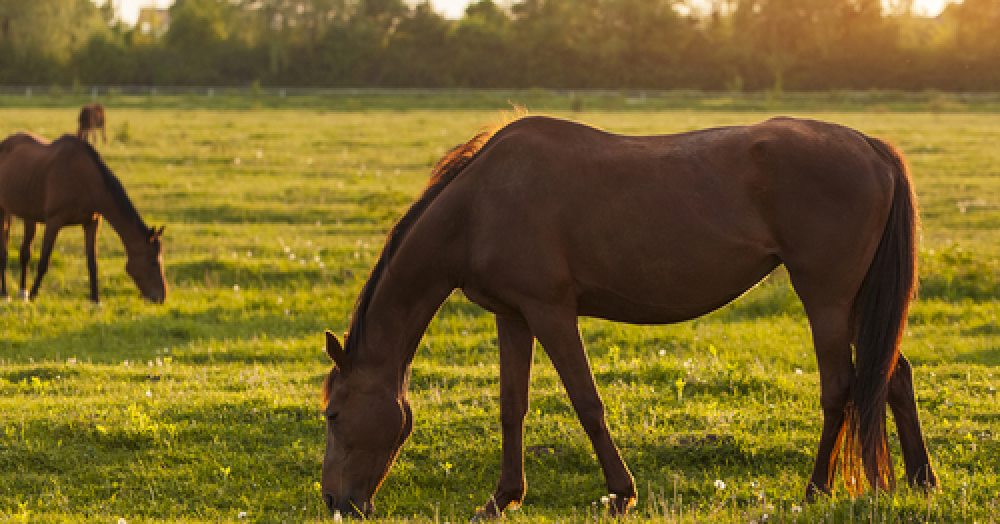With approximately one million horses under ownership in the UK, it’s easy to see why equestrian properties are some of the country’s most sought-after homes.
Purchasing an equestrian property can be a great investment and living with your horses just across the yard can be a wonderful experience. However, there are a few considerations that need to be taken into account to know you are making the right decision and buying a home that works for you.
What kind of rider are you?
A big determining factor in selecting the right property will be whether you are a casual weekend rider or a seasoned competitor. If you are someone who enjoys a quiet hack through the woods you will need around an acre per horse, three or four stables and some good places to ride. A property with an American style barn would work well, as it can be converted into additional stables if need be. While a horse walker or indoor school would be a nice feature to have, it is not a must.
Competitive riders would see an indoor school, horse walker and space for lorries/trailers on the property as more essential than additional features. Proximity to show grounds and events would also be a consideration for serious or professional riders. The discipline in which the rider competes would also have a bearing on the property selection as dressage, eventing, polo, and point-to-point trainers will all require slightly different facilities.
Location and access
As with all property acquisitions, the old adage of location, location, location remains true. Often, because equestrian properties require ample land, they are located in rural settings and can only be accessed by winding country lanes.
When viewing a property, look at the access points and make sure there’s ample space to get a horse trailer in and out of the property and to turn a truck around as well. If you are a competitive rider who will be travelling with your horse often, you will want easy access to motorways.
Other aspects to consider about the property’s location are the local amenities. You will want to make sure that there is a good local vet in the area. It is also a good idea to research whether there are any equestrian clubs, venues or regular events nearby.
The quality of the land
You should never compromise on the land, as it’s the only part of the property you can’t change. Also, the quality of the land is especially important when dealing with equestrian properties as the horses will be living on it almost exclusively. Land with free-draining soil is ideal, as it’s easy to manage in all seasons. Ideally, you should have a minimum of 1 acre of grazing land per horse, more if your budget allows for it as horses are happier with more space. Having more land than the horses require, also means you will be able to rotate your pastures or have the space to expand your facilities.
Access to water
Horses drink a lot of water, in fact, the average horse drinks between five and ten gallons of water per day, so good water access is essential in an equestrian property. Plumbing should be modern and up-to-date, indoors and outdoors. It’s essential to have a sink in your barn and be sure that the water facilities are in easy reach of both pastures and stables. You don’t want to be lugging gallons of water long distances.
A conveniently located yard
The ideal equestrian property would have a yard within sight and earshot of the main house. However, having a yard located too close to the main residential structure can bring down the value of the home, so be sure to mention yard proximity to your estate agent and get their opinion.
A well-constructed barn
If you are looking at properties that already have equestrian facilities, be sure that the barn has stables, a large tack room, electricity and water. Most horses will be comfortable in a stall that’s 12’x12’, so bring your tape measure. Stables should face away from prevailing winds, be well-ventilated and dry.
Additional storage space
There are a lot of accessories and equipment needed to keep horses, so storage space is essential. Again, a large tack room is a must. If you’re stabling several horses, consider properties that would offer enough space for separate storage of feed, hay, and dietary supplements. Other features like all-weather walking or a hard standing area are also important.
Whether you’re looking for a country estate or a stable on a few acres, owning an equestrian property is sure to be one of the most rewarding things you can do for you and your horses, provided you buy the right property.
If you are looking for the perfect equestrian property, let us help you find one.

